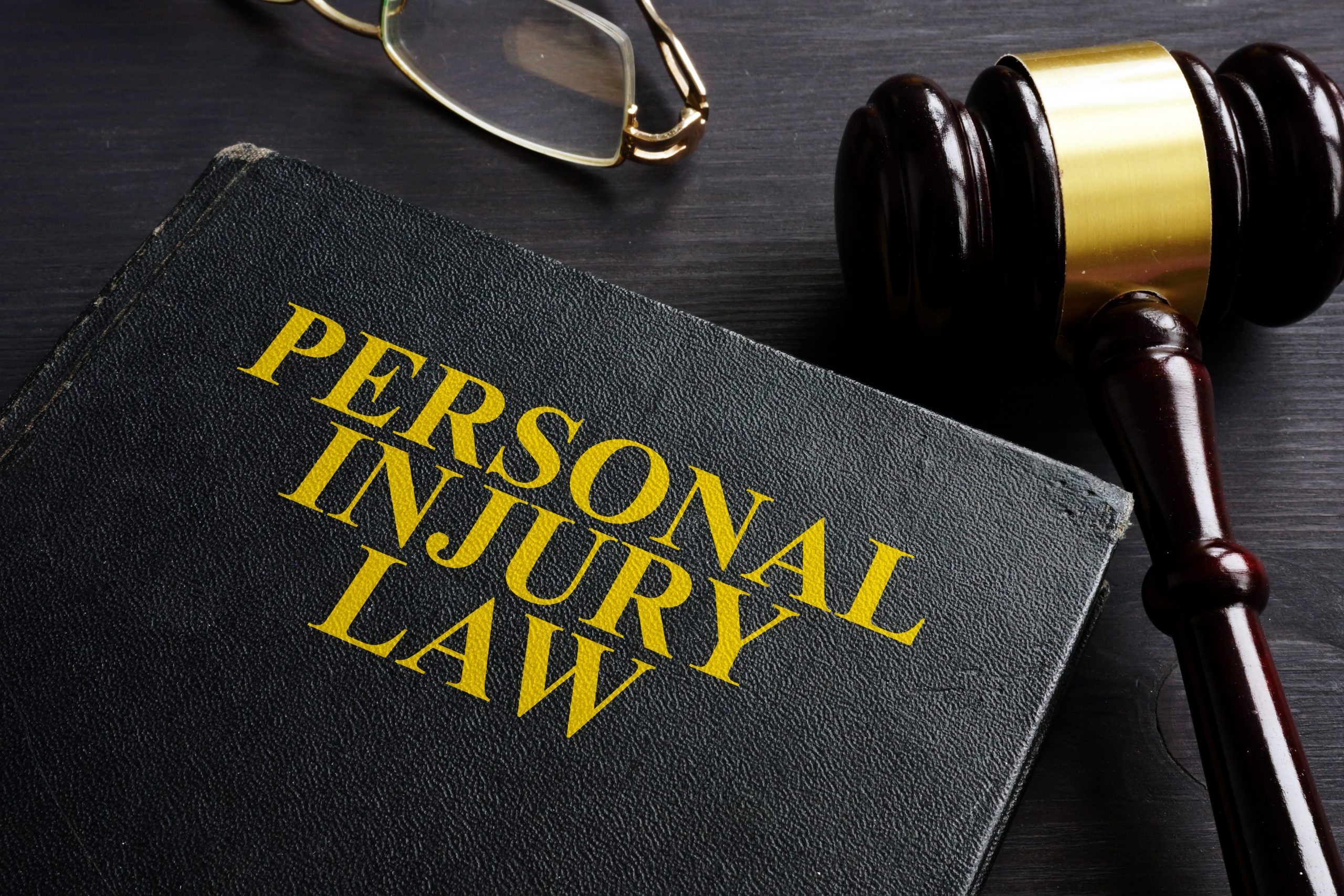Now Reading: The Power of Justice: How Personal Injury Lawsuits Hold Negligent Parties Accountable
-
01
The Power of Justice: How Personal Injury Lawsuits Hold Negligent Parties Accountable

The Power of Justice: How Personal Injury Lawsuits Hold Negligent Parties Accountable
Personal injury lawsuits are a vital tool for holding negligent parties accountable and obtaining compensation for victims of accidents or injuries. These lawsuits, also known as tort cases, are legal actions that seek to establish liability for harm caused by another person or entity’s actions or failure to act.
Holding Negligent Parties Accountable: Personal injury lawsuits can hold negligent parties accountable for their actions, as well as help prevent future harm. When someone is injured due to the actions of another party, the injured party can file a personal injury lawsuit seeking damages for their injuries, including medical bills, lost wages, and pain and suffering. This not only compensates the victim but also holds the negligent party accountable for their actions.
In addition to compensating the victim, personal injury lawsuits can also help prevent future harm by forcing negligent parties to take steps to prevent similar accidents from occurring in the future. For example, if a company is found liable for an employee’s injury, they may be required to implement new safety procedures to prevent similar accidents from happening in the future.
Types of Personal Injury Lawsuits :There are many types of personal injury lawsuits, ranging from slip and fall accidents to medical malpractice. Some of the most common types of personal injury lawsuits include:
Car Accidents: Car accidents are one of the most common types of personal injury lawsuits. When someone is injured in a car accident, they may be able to file a personal injury lawsuit seeking damages from the driver responsible for the accident.
Medical Malpractice: Medical malpractice occurs when a healthcare provider fails to provide the appropriate standard of care, resulting in harm to the patient. Patients who have been injured due to medical malpractice may be able to file a personal injury lawsuit seeking damages from the healthcare provider.
Product Liability: Product liability occurs when a defective product causes harm to a consumer. Consumers who have been injured by a defective product may be able to file a personal injury lawsuit seeking damages from the manufacturer or seller of the product.
Premises Liability: Premises liability occurs when someone is injured on someone else’s property due to the property owner’s negligence. This may include slip and fall accidents or injuries caused by unsafe conditions on the property.
Workplace Accidents: Workplace accidents occur when an employee is injured on the job due to the employer’s negligence. Employees who have been injured on the job may be able to file a personal injury lawsuit seeking damages from their employer.
Proving Negligence: To win a personal injury lawsuit, the plaintiff must prove that the defendant was negligent and that this negligence caused their injuries. Negligence is a legal term that refers to the failure to exercise reasonable care, resulting in harm to another person.
To prove negligence, the plaintiff must show that the defendant had a duty to exercise reasonable care, that the defendant breached this duty, that this breach caused the plaintiff’s injuries, and that the plaintiff suffered damages as a result.
The burden of proof in a personal injury lawsuit is on the plaintiff, who must provide evidence to support their claim. This evidence may include witness testimony, medical records, and expert testimony.
Compensation for Damages: If the plaintiff wins their personal injury lawsuit, they may be awarded damages to compensate them for their injuries. Damages may include:
Medical Expenses: This includes the cost of medical treatment for the injuries suffered in the accident, including hospital bills, doctor’s visits, and medication.
Lost Wages: If the plaintiff was unable to work due to their injuries, they may be entitled to compensation for lost wages.
Pain and Suffering: This includes compensation for physical pain and emotional suffering caused by the accident.
Future Damages: If the plaintiff’s injuries are expected to require ongoing medical treatment or result in future lost wages, they
may also be entitled to compensation for these future damages.
Punitive Damages: In some cases, the defendant may be ordered to pay punitive damages, which are designed to punish the defendant for their conduct and deter others from engaging in similar conduct.
Settlements: In many personal injury cases, the plaintiff and defendant will reach a settlement agreement instead of going to trial. A settlement is a negotiated agreement between the parties, in which the defendant agrees to pay the plaintiff a certain amount of money in exchange for the plaintiff dropping their lawsuit.
Settlements can be beneficial for both parties, as they can help avoid the uncertainty and expense of a trial. However, it is important for plaintiffs to ensure that they receive fair compensation in any settlement agreement they enter into.
Statute of Limitations: It is important to note that personal injury lawsuits must be filed within a certain amount of time, known as the statute of limitations. The statute of limitations varies depending on the state and the type of lawsuit.
In general, it is important for victims of personal injury to seek legal advice as soon as possible after an accident or injury. An experienced Tonopah injury lawyer can help assess the viability of a potential lawsuit and ensure that the statute of limitations is not missed.
Conclusion
Personal injury lawsuits are a powerful tool for holding negligent parties accountable and obtaining compensation for victims of accidents and injuries. These lawsuits can also help prevent future harm by forcing negligent parties to take steps to prevent similar accidents from occurring in the future.
There are many types of personal injury lawsuits, ranging from car accidents to medical malpractice. To win a personal injury lawsuit, the plaintiff must prove that the defendant was negligent and that this negligence caused their injuries.
If the plaintiff wins their personal injury lawsuit, they may be awarded damages to compensate them for their injuries, including medical expenses, lost wages, and pain and suffering.
It is important for victims of personal injury to seek legal advice as soon as possible after an accident or injury, as the statute of limitations may limit their ability to file a lawsuit. An experienced personal injury attorney can help assess the viability of a potential lawsuit and ensure that the victim’s rights are protected.

With a law degree under his belt, Mark Scott understood very early that law communication was a relatively neglected area. He decided to help people by “translating” the language and offering information and advice in a clear, useful, and actionable manner. For this reason, instead of finding him in court, you will most likely find his name online, where he is very active and thriving as a legal columnist. His part of making the world a better place is to make the law a less convoluted maze. He aims to make it easier for people to understand when and how to seek legal counsel, how to proceed in a significant number of legal matters, and to find the proper resources so they can stand up for their rights.









